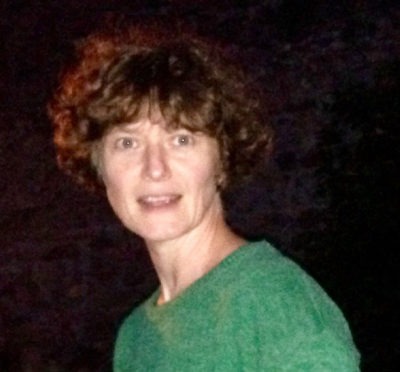– In Hong Kong (China), beats are organized to eliminate wild boars whose population is increasing in the territory since the campaign to eliminate wild dogs (Le Monde, 06/01/2022).
– How have cities around the world adapted to their second year of the epidemic? Innovation to ventilate buildings, planning the “one-minute city”, water vending machines, smart city, creation of “heat wave manager” positions, development of social services, universal mobility, etc. (Bloomberg CityLab, 27/12/2021).
– “In Hamburg (Germany), Surviving Climate Change Means Living With Water. The German city relies on an innovative mix of new and ancient techniques to keep new waterfront development dry amid rising sea levels and more frequent storms” (Bloomberg CityLab, 18/12/2021).
– Living without owning: the Antidote property fund, an endowment fund, makes it possible to live without owning or submitting. This is a way to encourage commonality and experimentation (Reporterre, 18/12/2021).
– “Stream 05 investigates the forms of intelligence to be considered, implemented, and transmitted to overcome the Urbanocene. It explores with thinkers, researchers, and artists the advances in knowledge of natural intelligence, the progress of technological intelligence and experiments in social intelligence to act collectively on the city of tomorrow” (STREAM).


 Berenice Gagne
Berenice Gagne
